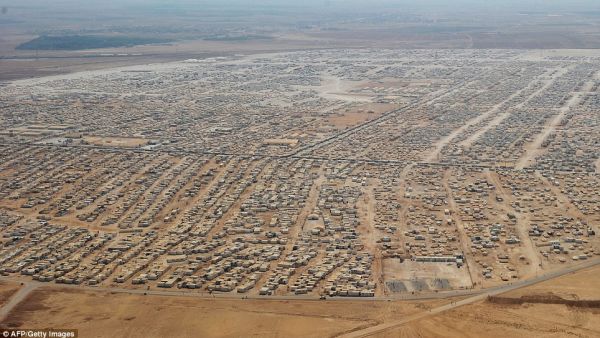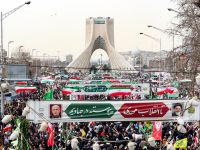But S&P said the outlook for the Kingdom remains negative due to Syria fallout risks.
"In our view, fiscal measures and effective reserve management, backed by an International Monetary Fund agreement and donor support, are beginning to stabilise Jordan's external and fiscal accounts," the rating agency said in a press release. "We are therefore affirming our long- and short-term sovereign credit ratings on Jordan at 'BB-/B'."
S&P explained in the press release that ratings on Jordan are constrained by the vulnerability of the economy to regional economic and political shocks and by limited economic policy flexibility. The ratings are supported by the country's geopolitical importance, which underpins strong donor support and funds much of the country's persistently large current account deficit.
"Jordan has implemented a series of measures to cope with the impact of the external shocks since 2011, but remains vulnerable to developments outside of its borders," it said.
"While its external and fiscal profiles will not return to pre-crisis levels over the forecast period (2013-2016), the twin deficits are beginning to stabilise on the back of policy reforms as well as donor and International Monetary Fund support," S&P added.
It indicated that the Jordanian government launched in particular a series of fiscal measures to increase revenues and lower subsidies. The latter also coincides with structural reforms in the energy sector, including the first phase of electricity tariff reform and energy diversification away from over-reliance on Egyptian gas.
In addition, Jordan has negotiated a stand-by agreement with the International Monetary Fund of more than 8 per cent of 2013 gross domestic product (GDP), with about half to be disbursed by year-end 2013. It has also signed a Gulf Cooperation Council-sponsored investment programme worth 15 per cent of 2013 GDP and managed to keep foreign reserves above four months of current account payments.
"In our view, these steps will stabilise Jordan's fiscal and external accounts in the medium term," S&P said in the press release.
"We believe, however, that the measures will not reverse the external and fiscal weakening of the past year," it added. "Whereas in 2011, gross external financing needs equalled 88 per cent of current account receipts (CARs) and useable reserves, we expect this measure to remain above 100 per cent through 2015, assuming no further external shocks."
"Similarly, Jordan's net external liability position, which was 117 per cent of CARs in 2011, rose to 152% last year and we do not project that it will fall below 130 per cent over the forecast period," S&P continued.
According to the rating agency, Jordan has moved from an asset to a liability position on the basis of the S&P's "narrow" measure (netting official reserves and financial sector assets against non-equity liabilities).
Accordingly, "we expect external vulnerabilities to persist: The risk of losing donor support persists and the terms of trade remain disadvantageous.
The press release concluded by indicating that S&P could consider lowering the rating if fallout from the Syrian conflict worsens; oil prices surge; or remittances, tourism receipts, or foreign direct investment suddenly decline. If the domestic political environment were to destabilise, we could also consider lowering the ratings.








